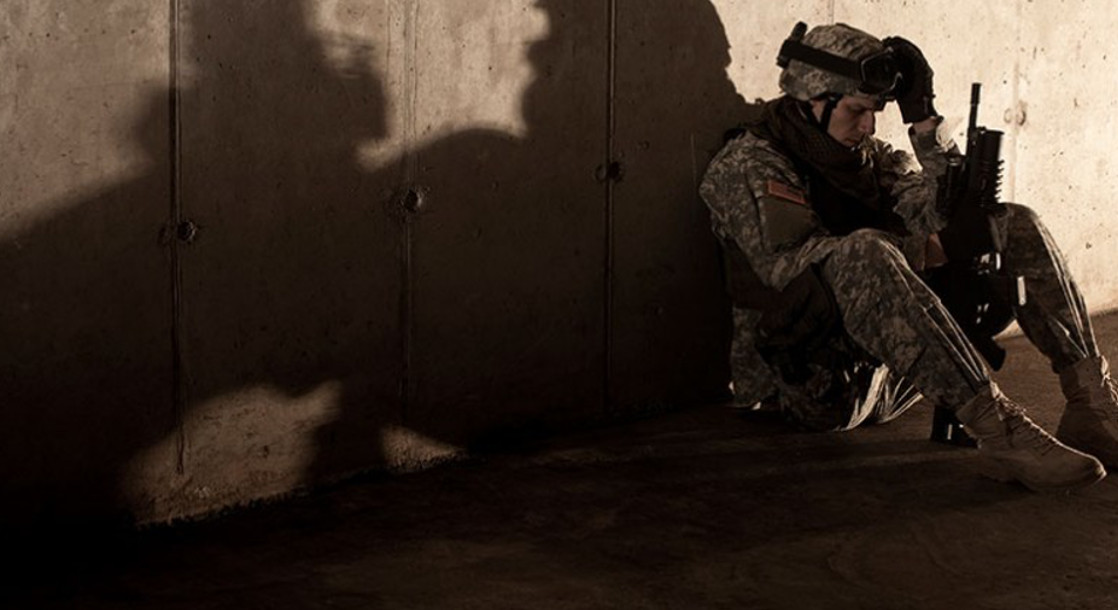Although there is a lot of pressure on the federal government to provide medical marijuana access to veterans, a pair of government-funded studies published in the latest Annals of Internal Medicine shows little evidence that the herb is effective at treating those suffering from post-traumatic stress disorder (PTSD) and chronic pain.
A team of researchers at the U.S. Department of Veterans Affairs recently concluded that there is not enough solid evidence to prove, without a shadow of doubt, that cannabis has medicinal benefit. The examination, which stems from a review of nearly 30 clinical studies, indicates that more research is needed before cannabis medicine could be considered a viable treatment in the world of anxiety disorders and pain management.
“Although cannabis is increasingly available for medical and recreational use, little methodologically rigorous evidence examines its effects in patients with chronic pain. Limited evidence suggests that it may alleviate neuropathic pain, but evidence in other pain populations is insufficient,” wrote researcher Shannon Nugent, PhD, VA Portland Health Care System.
However, the study’s authors did acknowledge that it was still important for physicians to discuss the possibility of experimenting with cannabis with their patients.
“Even though we did not find strong, consistent evidence of benefit, clinicians will still need to engage in evidence-based discussions with patients managing chronic pain who are using or requesting to use cannabis,” Nugent said.
Marijuana is now legal in over half the nation for medicinal use. Many patients, at least in states that recognize “chronic pain” as a legitimate condition, are using cannabis as an alternative to more traditional pain treatments like prescription opioids. Others, including veterans, lean on medical marijuana to help them cope with the horrors associated with PTSD.
Yet the study shows there is really no proof that medical marijuana alleviates the symptoms of either condition.
“The popular press has reported many stories about individuals who had improvement in their PTSD symptoms with cannabis use, and cross-sectional studies have been done in which patients with more severe PTSD reported cannabis use as a coping strategy,” wrote researcher Maya O’Neil, PhD, VA Portland Health Care System. “However, it is impossible to determine from these reports whether cannabis use is a marker for more severe symptoms or is effective at reducing symptoms, or whether the perceived beneficial effects are the result of the cannabis, placebo effects, or the natural course of symptoms.”
Earlier this year, Dr. David Shulkin, Secretary of Veterans Affairs, told reporters that “there may be some evidence” that marijuana is providing vets with some therapeutic benefits.
“And we're interested in looking at that and learning from that,” Shulkin said. “But until the time that federal law changes, we are not able to be able to prescribe medical marijuana for conditions that may be helpful.”
It has long been the policy of Veterans Affairs not to include cannabis in any of its treatment programs. And while, technically, that policy expired more than a year ago, there has been no attempt to replace it with a new directive.
Unfortunately, considering the outcome of the latest research, it doesn’t seem likely that the federal government will give veterans the green light to use cannabis anytime in the near future.











